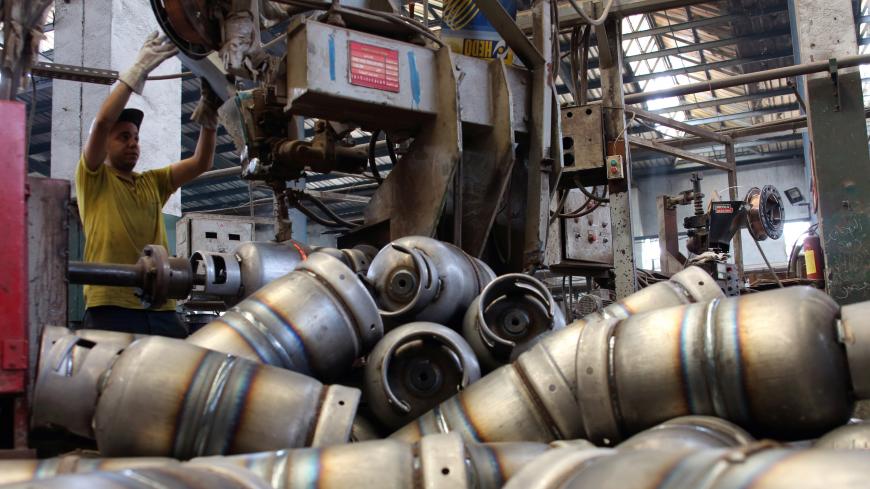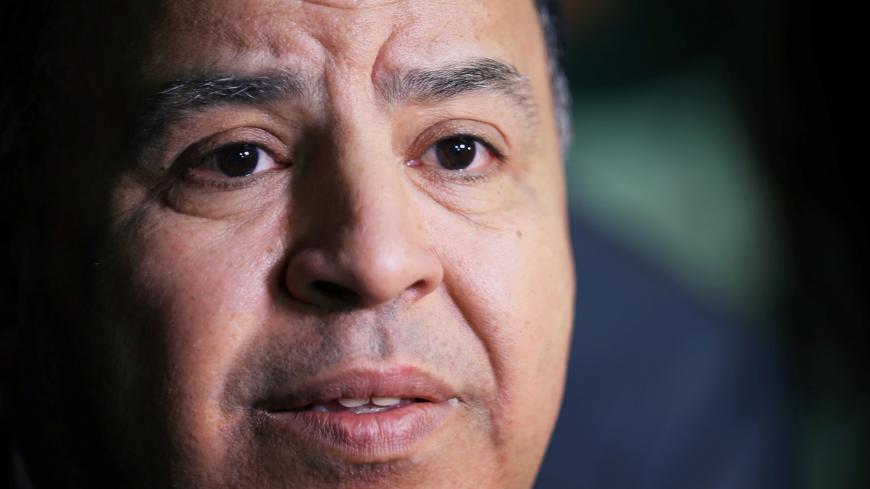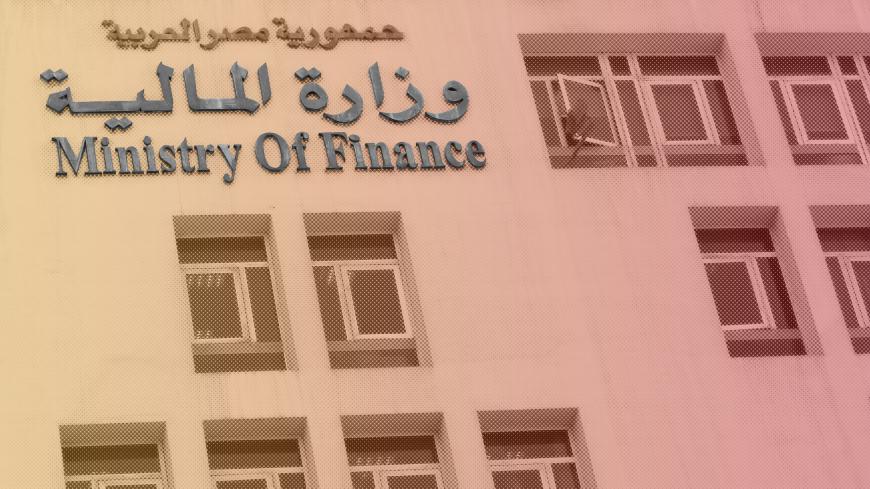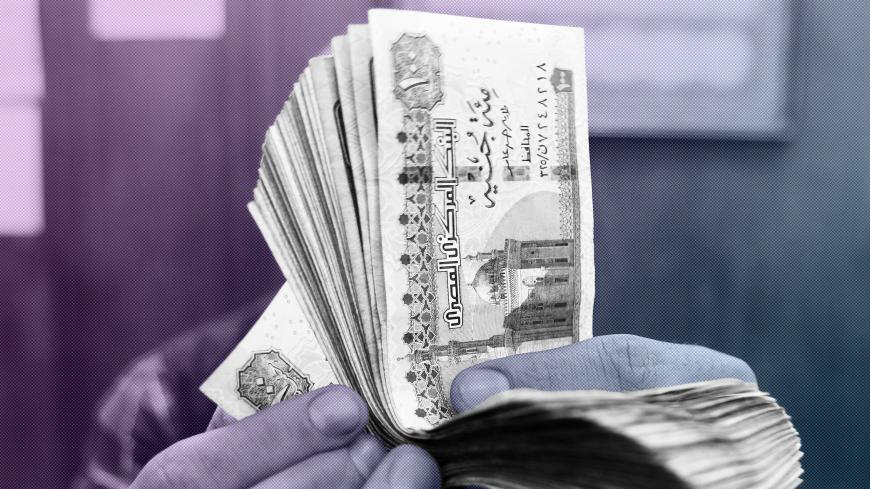After finalizing IMF loan, Egypt’s reforms target industrialization, exports
An IMF mission, currently in Cairo to review Egypt’s economic reform program under a $12 billion loan, is focusing on the country’s plan to launch structural reforms, targeting the industrial and export sectors.

The Egyptian authorities and an International Monetary Fund (IMF) mission reached a staff-level agreement over the completion of the fifth and final review of the Extended Fund Facility (EFF). An IMF team led by Subir Lall, IMF assistant director for the Middle East and Central Asia, visited Egypt on May 5-16, for the final review of Egypt’s economic reform program supported by a three-year EFF. By July, Egypt is expected to get the last tranche worth $2 billion of the IMF’s $12 billion loan program signed in November 2016.
Egyptian Deputy Finance Minister Ahmed Kouchouk said in a press statement May 7 that the government would provide the IMF mission with the latest developments regarding the country’s financial performance, growth and balance of payments indicators in the coming two weeks.







